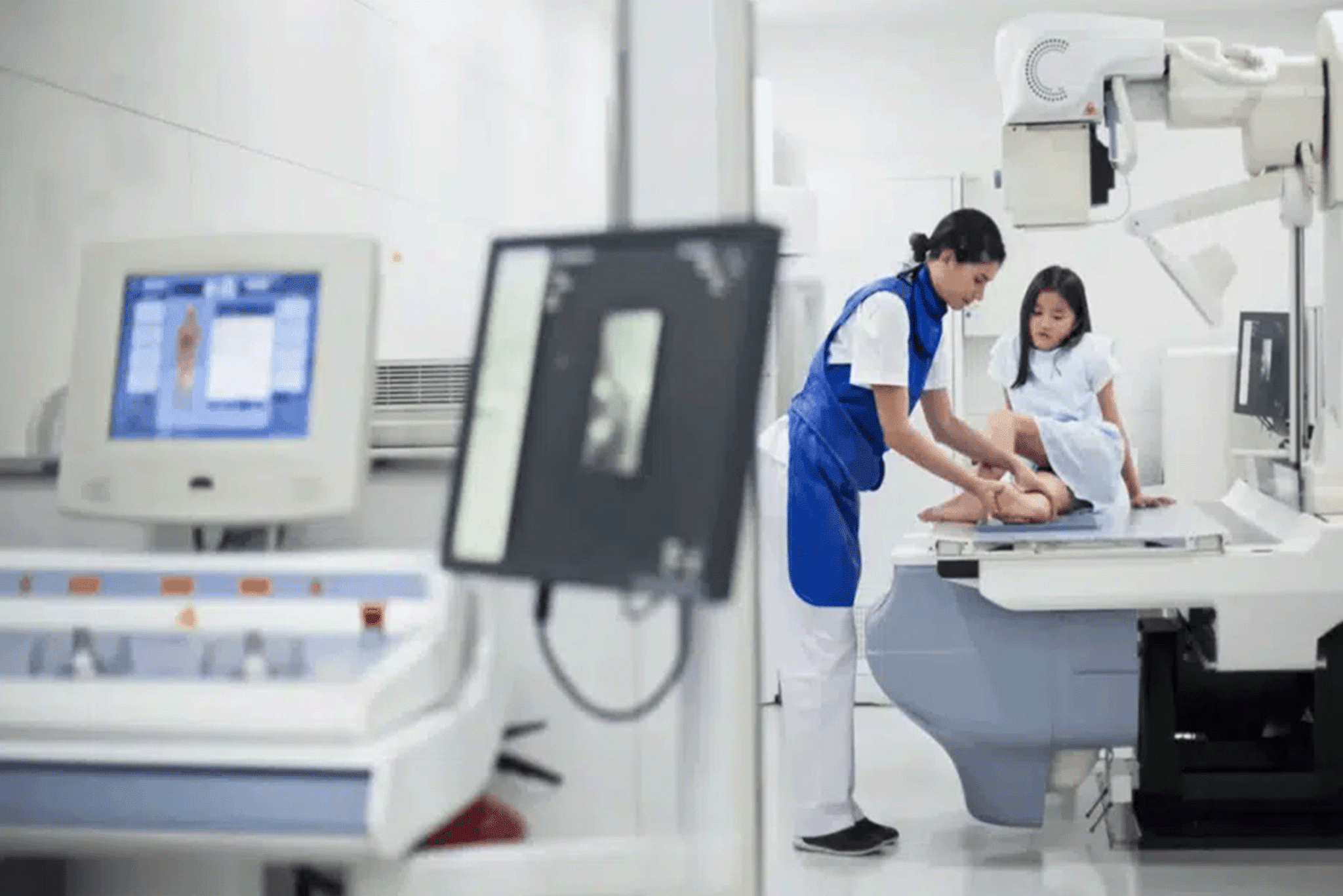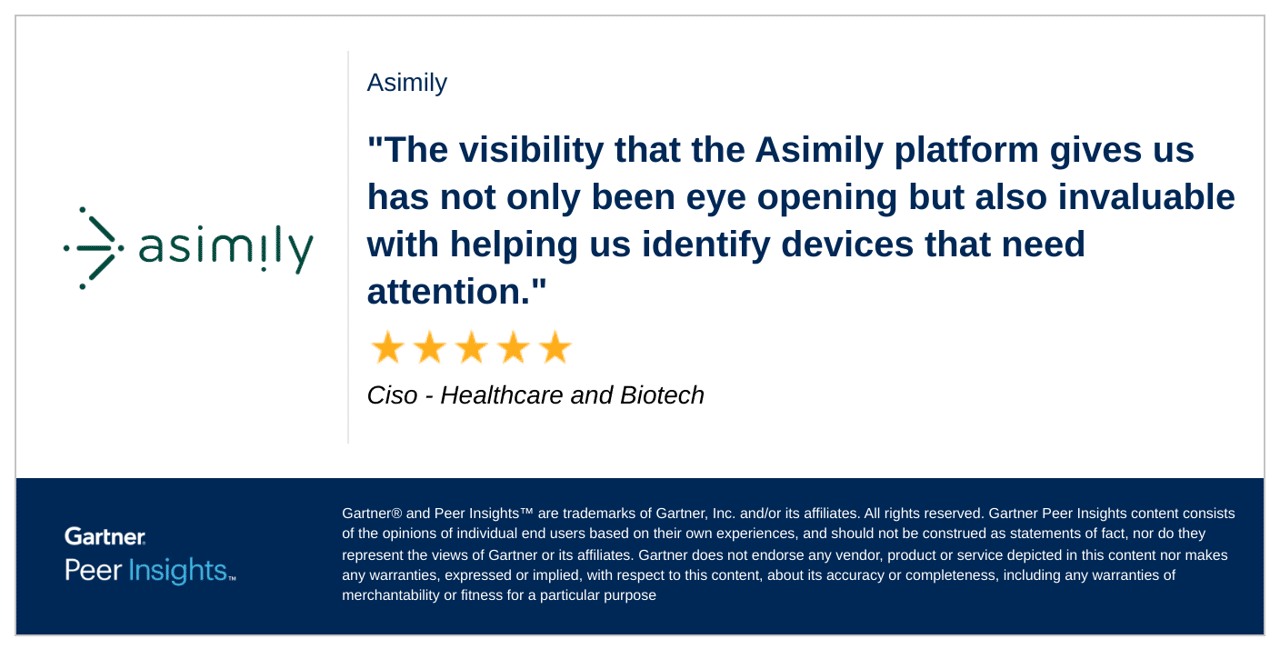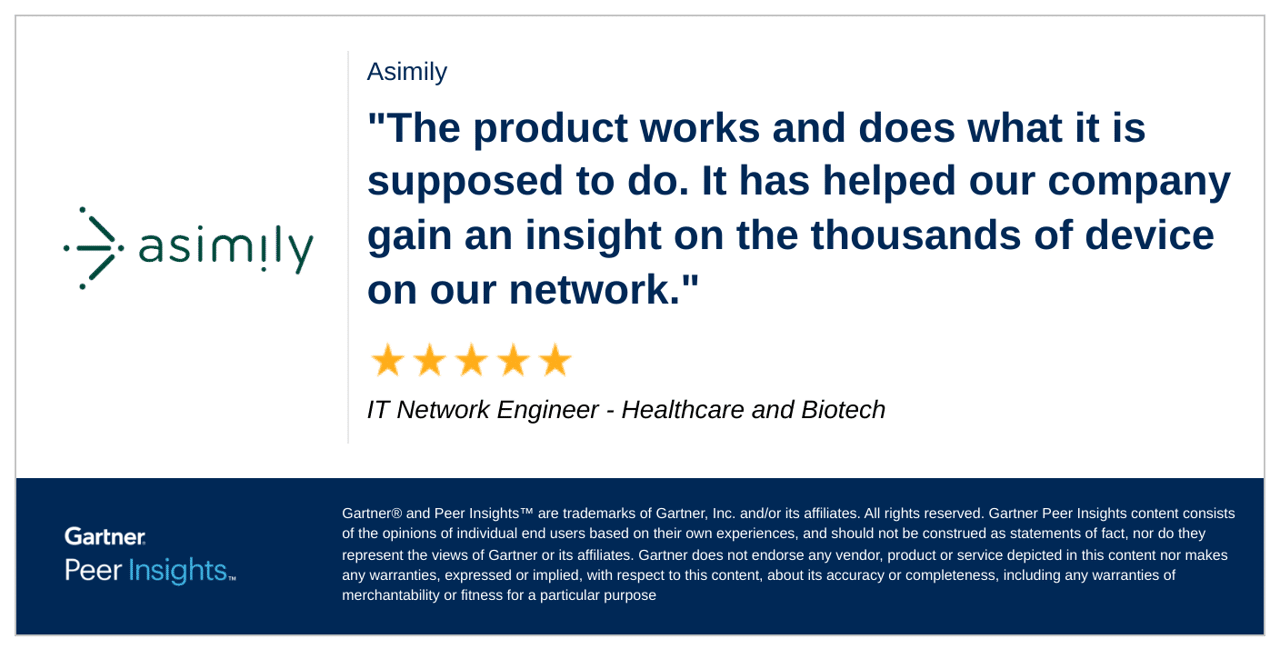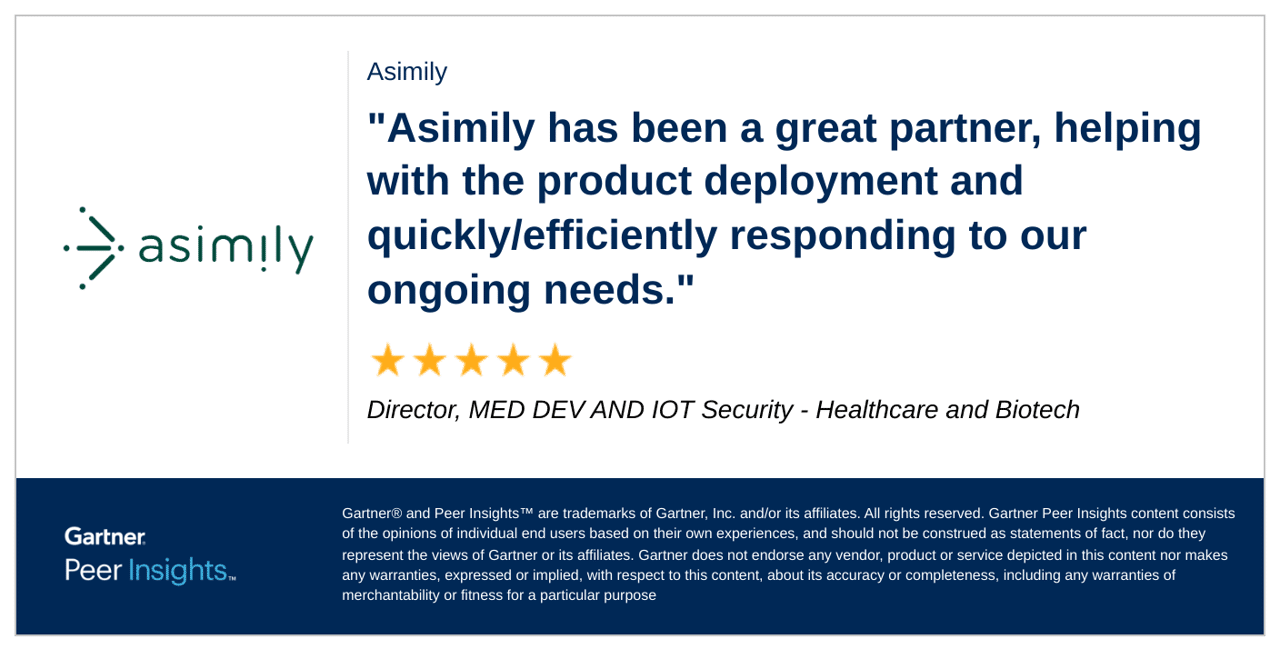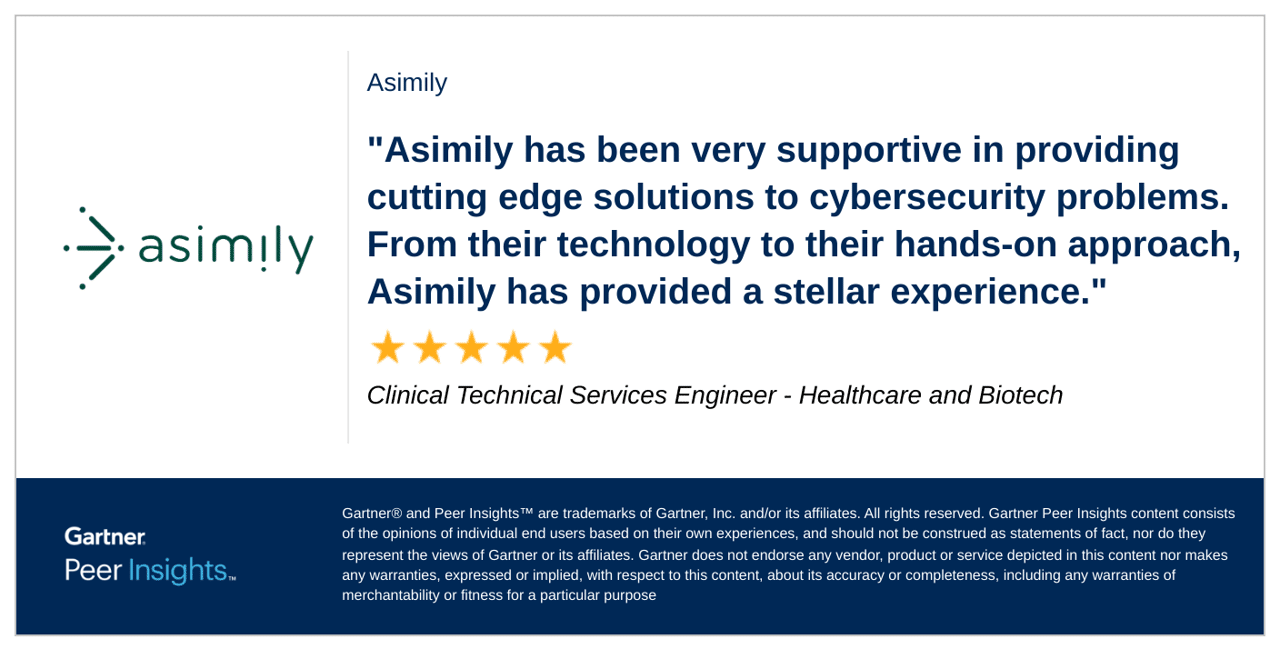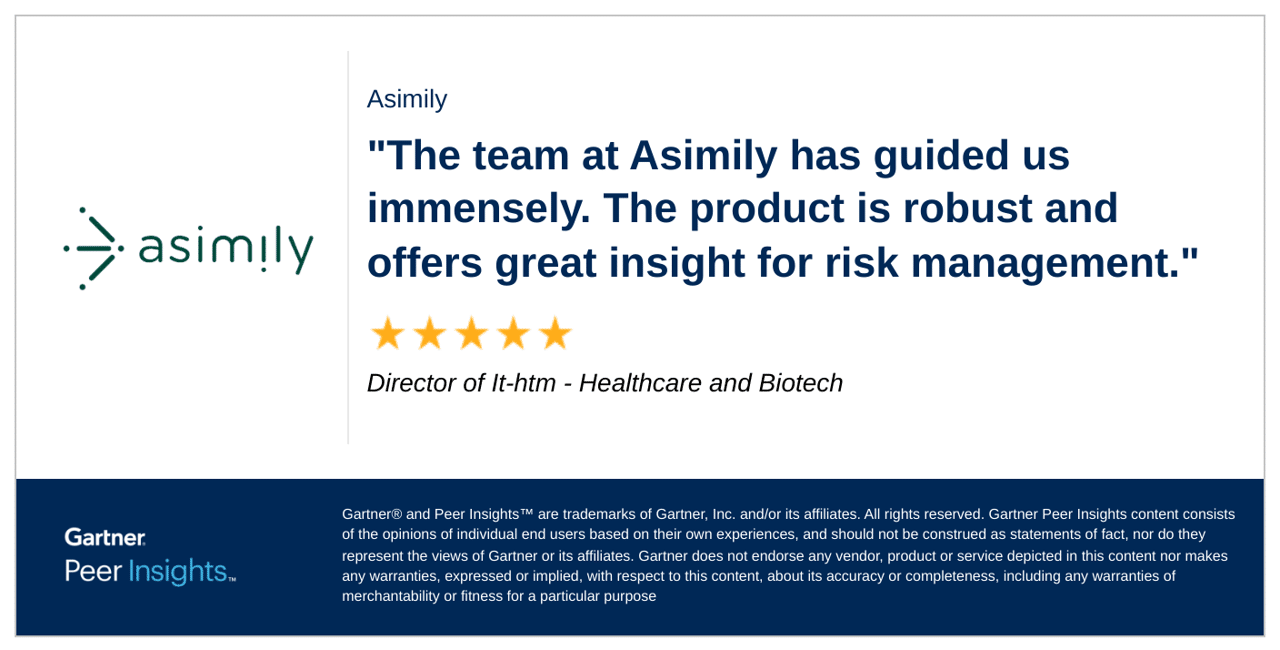COMPLIANCE
FDA Security Guidelines
The FDA is the agency that regulates medical devices in the US and requires them to be secured against cyberattacks. It also issues recall notices when a medical device is deemed risky, including for cybersecurity purposes. The FDA has issued guidance on cybersecurity in medical devices and related systems, and has a policy for refusing to accept devices that do not meet the cybersecurity criteria. The FDA also has a reporting system for manufacturers, importers, device user facilities, and health care providers to report any cybersecurity issues with medical devices.
Get a Demo
Ensure FDA Medical Device Security Compliance
What are the FDA Security Requirements?
The 2023 Omnibus Spending Bill, which allocates funds for the U.S. government to operate, includes a provision that aims to defend medical devices against attacks. Since the Internet of Medical Things (IoMT) devices can contain PHI, their defense constitutes an important part of healthcare cybersecurity.. The Omnibus Spending Bill changes previous guidelines into legal requirements. This means cybersecurity precautions will become necessary for medical devices to gain FDA approval.
Recalls Pause Device Usability
Until a device recall is handled, often through a software update, it is not always safe to use – clinically or legally.
Complex
Recalls require coordination, technical skill, and clinical knowledge. Executing and keeping track of recalls is essential to avoid liability and error.
Time-Consuming
Recalls can come at any time and require ‘stop everything’ bursts of activity that can reduce efficiency.
IoT Device Security in 2024:
The High Cost of Doing Nothing
Protecting the growing IoT architecture
in a complicated security environment
Safe, Comprehensive, Categorized
How Asimily Supports FDA Medical Device Security Standards
Asimily simplifies the complex recall processes with central information in a single cloud-based platform. Rapidly learn about new recall directives from the FDA and manufacturers. Determine potential compatibility issues while coordinating with stakeholders. Keep medical devices operationally and legally ready, all while removing risk from your organization.
SIMPLE
Recalls should be easy to learn about, understand, and execute. Asimily parses each recall into useful, searchable, sortable, and assignable information to help execute the required change quickly and easily.
CENTRALIZED
Typically, hospitals rely on centralized health care technology-skilled resources to handle recalls, maintenance, and other upgrade needs. Those same scarce resources – employees or contractors – need a single point of truth for which recalls exist, are still relevant, and can be done today.
FAST
Recall notices from the FDA (and Emtec, for subscribers) quickly appear in the Asimily portal, associated with the relevant devices for your next action.
What the Omnibus Bill Means for Medical Devices and What to Know
The Omnibus Spending Bill covers a wide range of topics, but it has certain provisions specifically for medical devices. It establishes cybersecurity standards to which medical devices must adhere throughout the entire life cycle.
Dive Deeper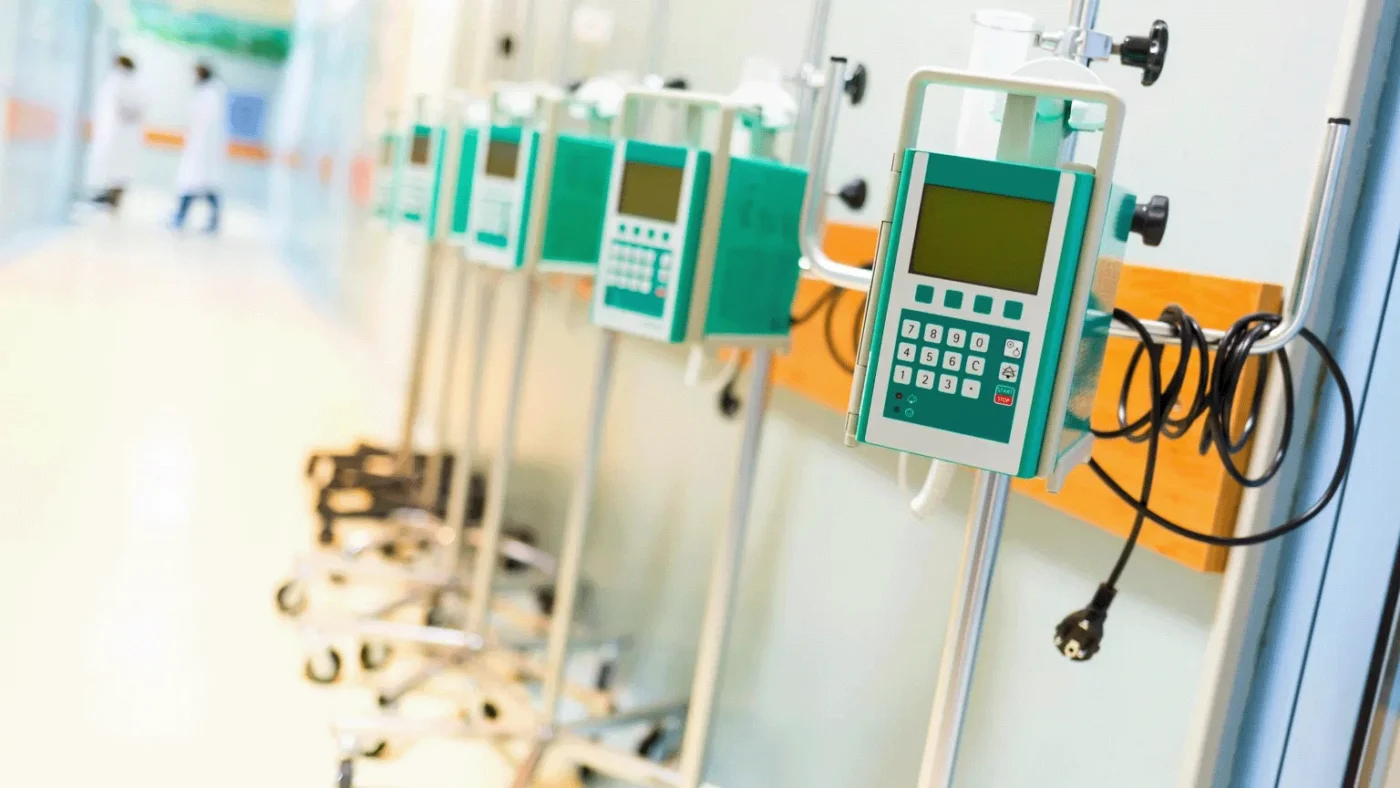
Collaboration Between HTM and Security Teams
HTM and cybersecurity teams need to collaborate better and utilize each other’s strengths and expertise to secure hospitals. They can do this best by thoroughly planning and managing the inventory, the vulnerabilities, and incident response. Tight collaboration in these three areas can build a strong foundation when done right.
Dive Deeper